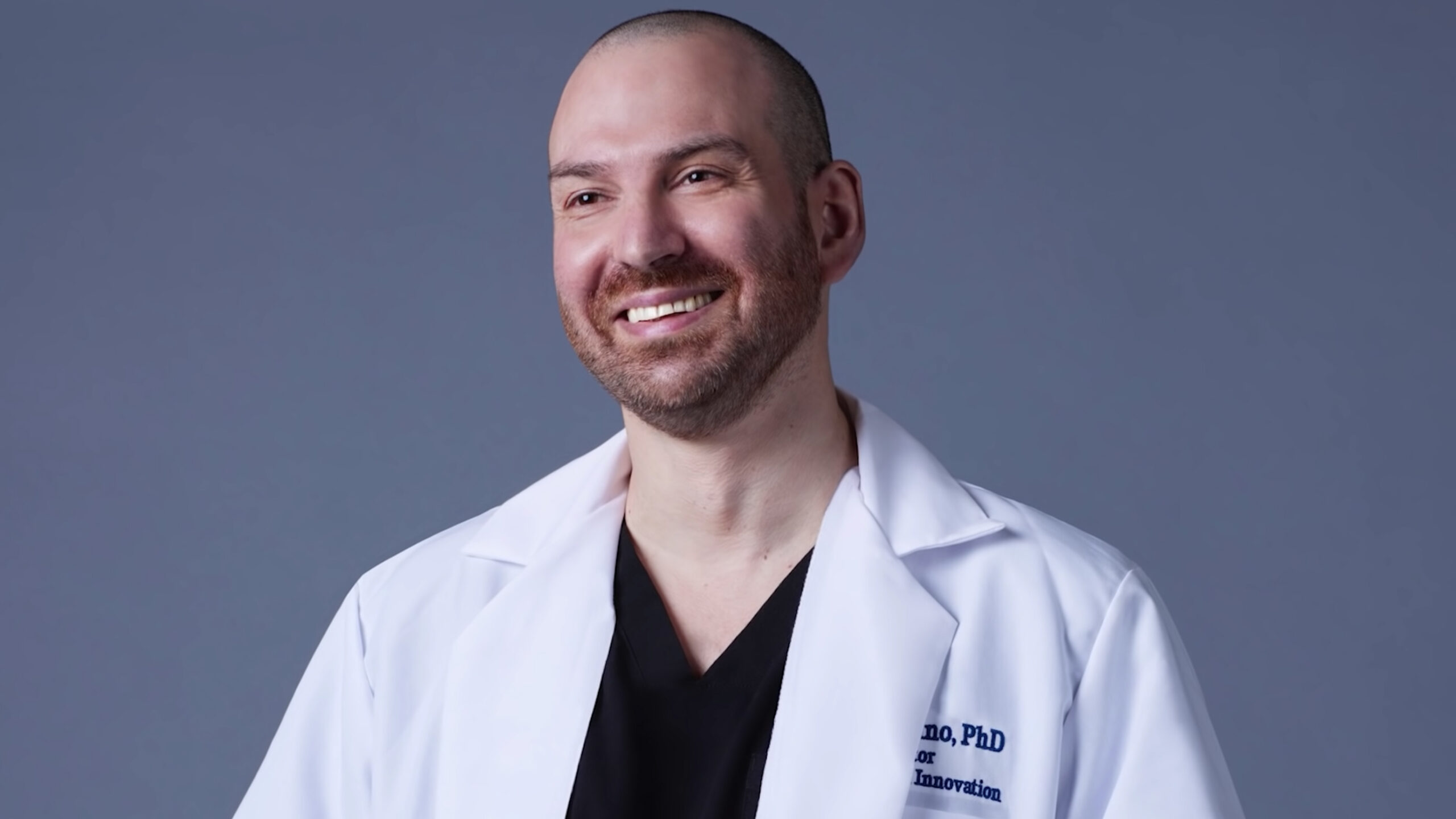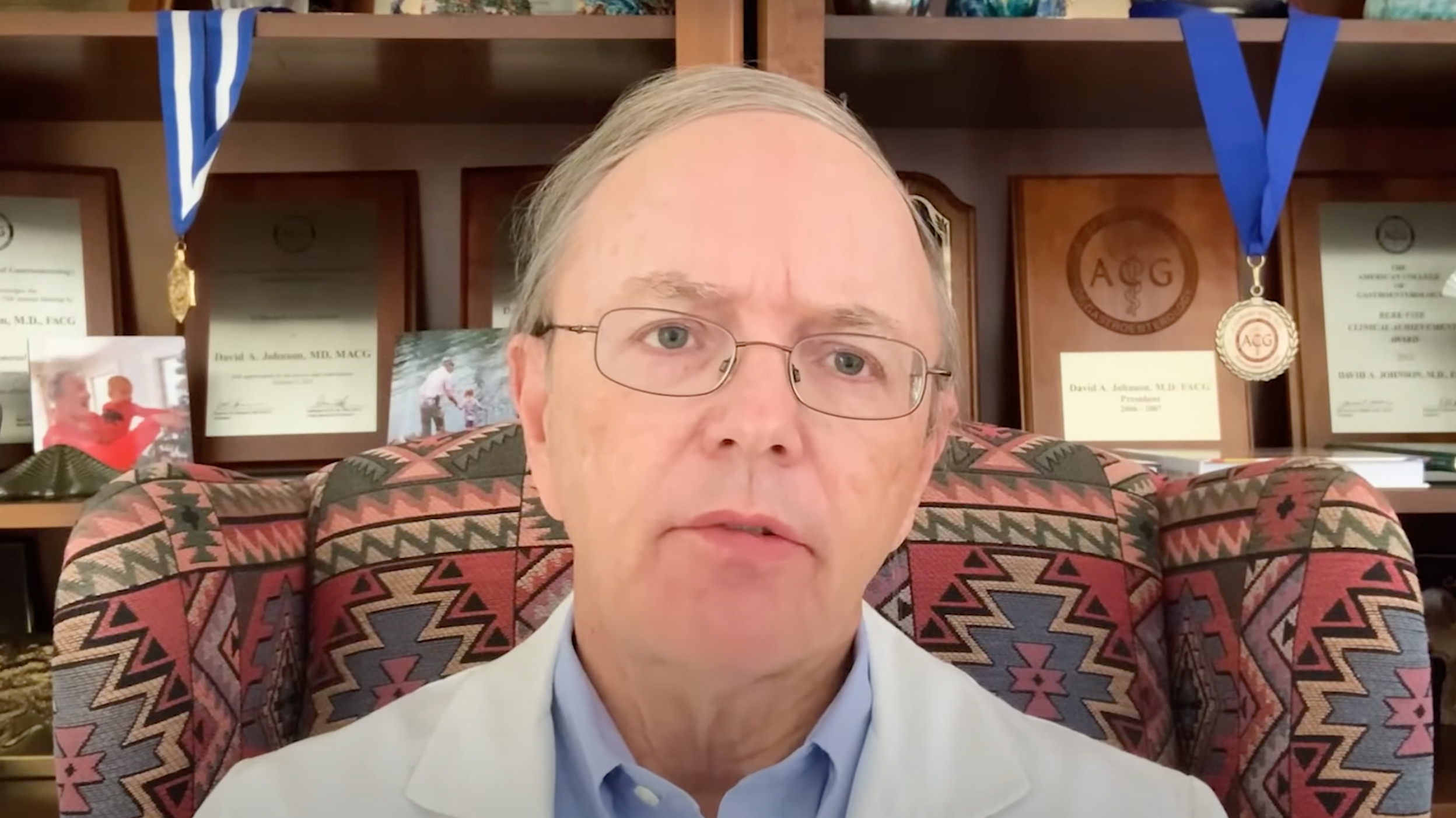Martin Fischer, PhD, associate research professor in the department of chemistry at Duke Trinity College of Arts and Sciences, was tasked with examining the particle-blocking abilities of various face-covers so the college could provide the type of mask that would best protect their faculty and employees. Using a cardboard box, laser, and smartphone camera, Dr. Fischer and his research team found that non-valved N95s, surgical masks, and polypropylene material were the most effective at preventing the pass-through of exhalation droplets. Multi-layer cotton masks were slightly less effective, but still exponentially better than neck gaiters/fleeces and bandanas, which may be worse than no mask at all, as they had a tendency to aerosolize particles due to the thin material.






